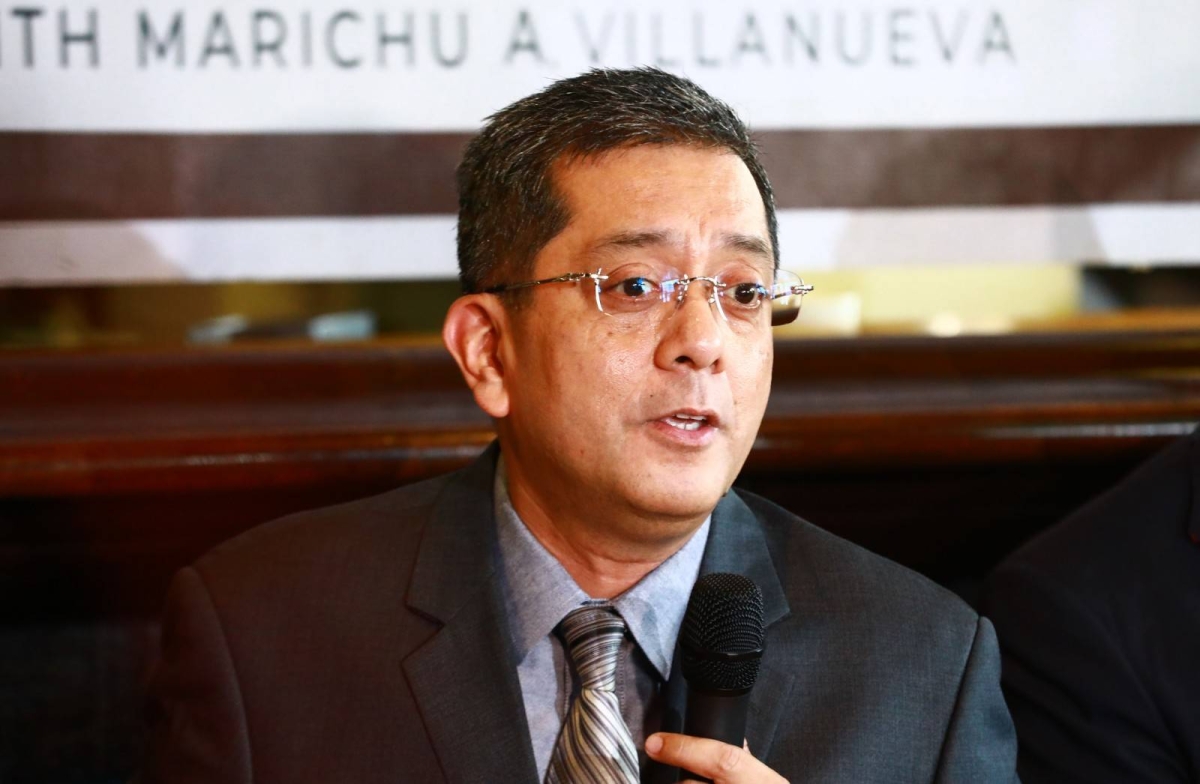The Commission on Elections (Comelec) has faced criticism for its decision to award the P18-billion automated counting machine (ACM) lease contract to the sole bidder, Miru Systems. Despite the backlash, Comelec Chairman George Erwin Garcia has defended the decision and challenged critics to take the matter to court.
Garcia emphasized that anyone who questions the decision can bring the issue before the Supreme Court. However, he also stated that the Comelec’s focus at present is on finalizing the contract with Miru Systems and ensuring that the best interests of the nation are upheld in every provision.
The urgency of the situation was highlighted by Garcia, who explained that the Comelec is operating on a tight schedule and needs at least six months to prepare the 110 ACMs for use in the 2025 elections. He emphasized the importance of maintaining focus and determination, despite any well-meaning intentions from certain groups or individuals that may disrupt the preparations.
One of the main critics of the contract award is Democracy Watch Philippines, an election watchdog. They have raised concerns about Miru Systems’ technology and questionable record, warning that the proposed system could potentially jeopardize the future of Philippine elections.
Lloyd Zaragoza, the convenor of Democracy Watch, expressed concerns about the legitimacy of Miru’s technology. He pointed out that there is no evidence to suggest that their automated counting machines have been used in any election before. According to Zaragoza, the prototype of the machine presented during the post-qualification evaluation had never been tested in an official election.
Zaragoza also highlighted alarming reports of voting delays, chaos, and a severe erosion of public trust in elections where Miru Systems was involved. He mentioned the 2023 elections in Iraq and the Democratic Republic of the Congo (DRC) as examples. Preliminary reports from the National Episcopal Conference of Congo and the Church of Christ in Congo (ECC) indicated that 45.1 percent of polling stations in the DRC experienced difficulties with electronic voting machines. These findings were allegedly corroborated by international election observers from the Carter Center, who witnessed technical issues in 22 percent of the polling stations they visited.
In response to the criticism, Garcia stated that the concerns raised by Democracy Watch had been thoroughly discussed by the Comelec before adopting the recommendation of the Special Bids and Awards Committee (SBAC) and the Technical Working Group (TWG). He also mentioned that certifications had been issued in support of Miru’s counting machines.
Democracy Watch further questioned why Miru Systems misrepresented the position of the United Nations Assistance Mission for Iraq (Unami) in the Iraqi elections. While Miru claimed that Unami had endorsed the elections as fair and successful, Unami had previously stated in a press release that it would not participate in observing or monitoring the elections and, therefore, could not evaluate the election process.
The controversy surrounding the ACM contract has raised concerns about the integrity and transparency of the electoral process in the Philippines. As the Comelec stands by its decision, it remains to be seen whether the critics will take the matter to court and what the outcome will be. The future of Philippine elections may well depend on the resolution of this issue and the credibility of the ACM technology provided by Miru Systems.







